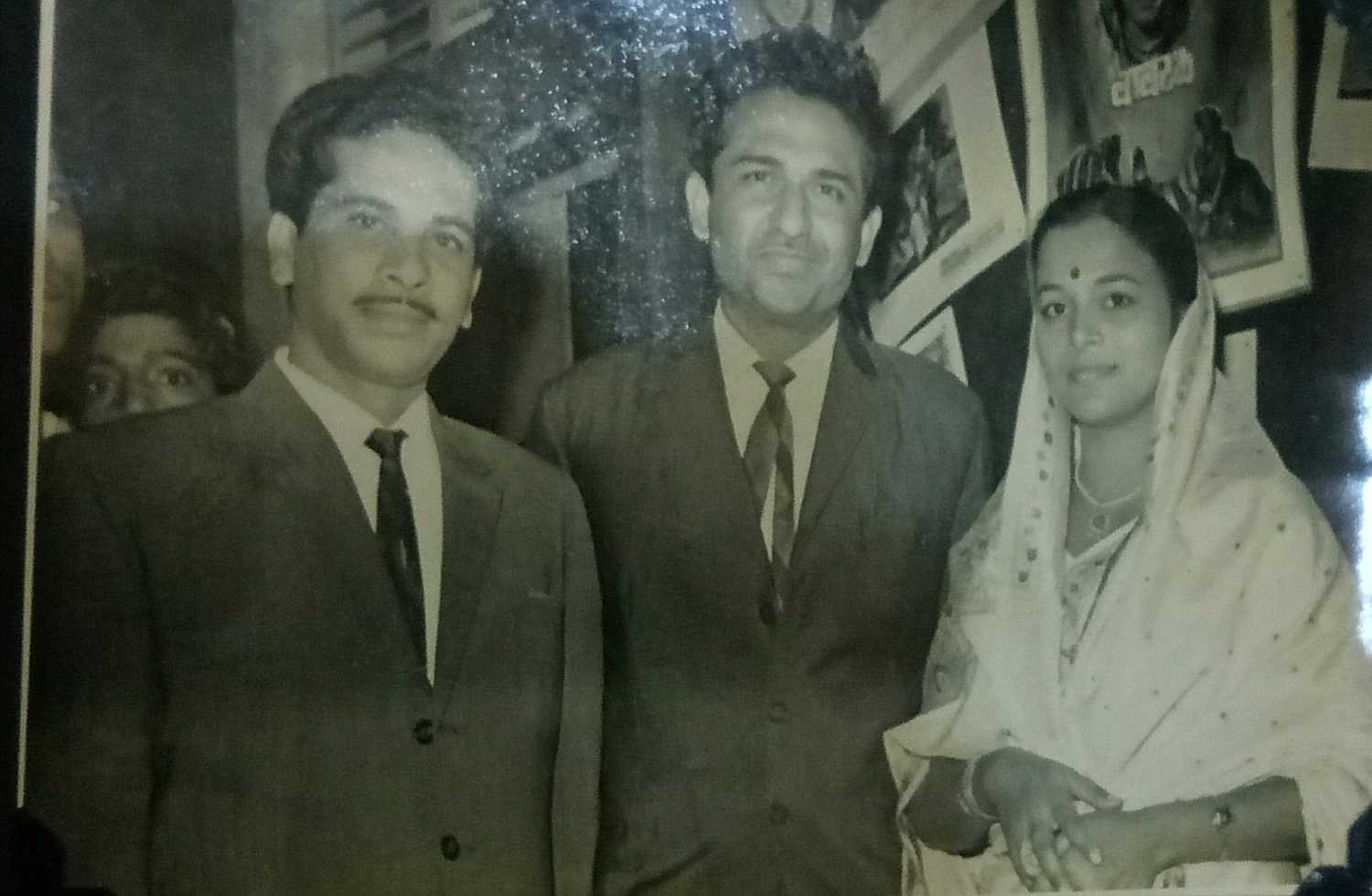On Dalvi's 96th birth anniversary, a quick look at the actor's career that lasted for more than 30 years in Marathi theatre and cinema.
Krishnakant Dalvi, a forgotten hero of Marathi cinema – Anniversary special
Mumbai - 13 Feb 2022 23:04 IST
Updated : 15 Feb 2022 20:08 IST


Suyog Zore
Every film industry has a few artistes who become well known in their heyday only to be largely forgotten once they move on. Krishnakant Dalvi was one such actor in Marathi cinema.
Born in a simple, middle-class Marathi-speaking family in Adkur village of Chandgad taluka in Kolhapur district on 13 February 1926, Dalvi moved to Mumbai as a young man and got a job in the stores department of Central Railway. Living in the Parel-Lalbaug area of central Mumbai, the heart of the city's then thriving textile district, he became friends with the folk poet Shahir Sable, actor Raja Mayekar and writer-lyricist Jagdish Khebudkar who also lived in the same area. The foursome began their journey with open-stage and street theatre performances.
Slowly, Dalvi made his way into professional Marathi theatre with his first commercial play, Ashi Vasti Ashi Manasa. And thus began his journey as a professional actor.
Within a short span of time, Dalvi became popular as a theatre artiste. Ekach Pyala, Mrityunjay, Natasamrat, Raigadala Jevha Jaag Yete were some of the popular plays in which he played important roles.
In Raigadala Jevha Jaag Yete, Dalvi played the role of the Maratha prince Sambhaji, elder son of king Shivaji. The actor took on the mantle of playing the 18-year-old Sambhaji when he was 36, after another theatre stalwart, Dr Kashinath Ghanekar, left the play in 1962. Dalvi went on to play Sambhaji for another 25 years, doing more than 1,000 shows in all.

In the midst of all this, he also made his debut in Marathi cinema with Gyanba Tukaram (1958), in which he had a small role. But he landed his first leading role in his third film, Shantaram Aathawale's Vavtal (1965), opposite Asha Potdar. The actor played the role of a devoted son who loves his mother dearly but whose priorities begin to change when he falls in love with a woman. The film became a hit and paved the way for a successful career in the Marathi film industry.
Dalvi went on to play the lead in a few other films such as Saticha Vaan (1969), Murali Malhari Rayachi (1969) and Dam Kari Kam (1971).
Making a debut in cinema in one's thirties or later is rare but not all that unusual. There are quite a few examples, from AK Hangal in the 1960s and Amrish Puri in the 1970s to Boman Irani and Adil Hussain today. But what set Dalvi apart was that he began to play lead roles in many of his films.
He also played important supporting roles in popular films like V Shantaram's hit Pinjra (1972) and Dada Kondke's Aandhla Marto Dola (1973). A good singer, Dalvi even sang a song for the film Baara Varshe Saha Mahine Teen Divas (1967).
For his contribution to Marathi cinema and theatre, he was presented the Master Naresh award in 1994. He was also conferred with an award at the Akhil Bharatiya Natya Parishad, among the more prestigious awards in Marathi theatre.
Interestingly, despite the success he achieved, Dalvi never quit his job, balancing his work with his passion. A few years after retirement in 1983, he moved back to his native Kolhapur where he continued to work in theatre and got busy with social work.

